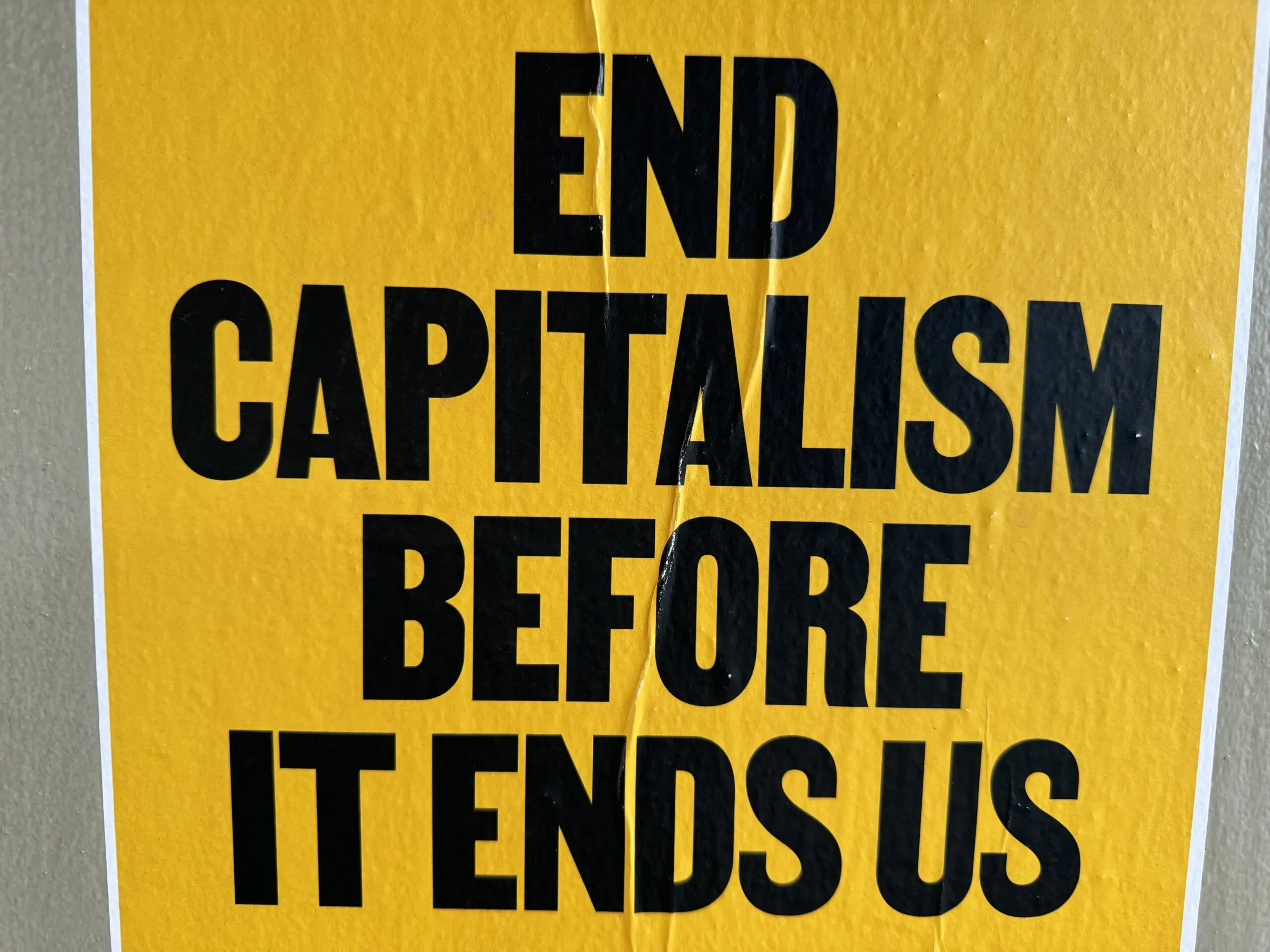I appreciate the author’s fervor, and they are at least right about not stopping at healthcare and instead recognizing the not-coincidentally similar harm that’s done to many (all?) systems and institutions, but they make the all-too-common mistake of placing the blame for that harm on a set of tools used by the people who do that harm rather than on the people themselves, and much more broadly and to the point, on the mechanisms and presumptions by which some relatively small number of people can and inevitably do accumulate enough authority that they can, using whatever tools might be available to them, further their own shallow self-interest by bringing harm to others.
As long as we continue to simply swap out one set of people or one set of tools for another while leaving all of those mechanisms and presumptions in place, we’ll continue duplicating the overarching problem, with the only meaningful distinctions between one instance and another being the specific people involved and the specific tools used.
To get out of that trap, we have to revisit - and reshape - the mechanisms and presumptions by which we make it possible, and thus inevitable, that some will gain the power by which to act to further their own shallow self-interest by harming others.
To borrow the author’s analogy, the process doesn’t go wrong when the person who comes into your house starts beating people, but the instant they presume the right to come into your house in the first place. More precisely, the process goes wrong because we as a species nearly universally simply presume that someone should or even must be granted that (figurative) right and the authority to exercise it, then we foolishly and obviously irrationally believe that they’ll choose to exercise it for our own and society’s benefit rather than their own, and/or that we’ll be able to prevent them from choosing otherwise.
Or much more simply and directly - the real problem is the entire concept of institutionalized authority - not simply who happens to hold that authority in a given time and place or which tools they use when they inevitably abuse it.
Oh yes just a few bad apples.
What?
I see no connection at all between that phrase and anything I said.
I see no connection at all between that phrase and anything I said.
I’m thinking that might be the issue.
“they make the all-too-common mistake of placing the blame for that harm on a set of tools used by the people who do that harm rather than on the people themselves”
“…by which some relatively small number of people can and inevitably do accumulate enough authority… [to] further their own shallow self-interest by bringing harm to others”
tl;dr you blame the people rather than the system, or, in your words, the “tools”. But don’t let me distract you from hearing yourself talk.
Ah - so that’s the part you failed to/chose to misapprehend.
If you had actually read and considered what I actually said rather than just scanning for out-of-context quotes to colorably affirm your cherished preconceptions, you potentially would’ve grasped that I’m actually blaming the set of mechanisms and presumptions under which people cede authority to others, which authority is inevitably abused by the relatively small number of people who come to possess it.
Certainly those people deserve some blame as well, but they were never my focus, since, without the authority by which they carry out their abuses, they’d just be garden-variety noxious assholes.
In much the same way that without the authority that has defined it, implemented it and continued to protect it, capitalism could not exist.
The people are the actors and the systems are the tools, but the institutionalization of authority is the thing that makes it all possible. And that was and remains my point.
You are one of those people that get avoided at parties, aren’t you?
You are one of those people that get avoided at parties, aren’t you?
The irony here is that people who say stuff like this are the most insufferable ones at parties. The type of guy who smugly butts into a conversation with some unoriginal insult and doesn’t elaborate.
I love talking to people capable of a nuanced conversation whether I agree with them or not. They read the article, formed an opinion, and expressed their issue in an understandable way. What’s not to like?
What’s not to like?
The fact of not having a particularly coherent argument and yet being irreversibly convinced of it’s correctness.
I love talking to people capable of a nuanced conversation whether I agree with them or not too. This person is not appear to be capable.
Go ahead, read their comments again. For all the fluffy verbiage there is virtually no substance and on top of that? I don’t think they know what they are trying to say and so use the shotgun approach to rhetoric in which you could probably interpret it however you want to. And if you can do that then you are left with nothing.
“I’m actually blaming the set of mechanism and presumptions…” but no no no it’s the people. But everyone but no actually a “relatively small number of people” but no actually it’s all of us because we let them have it through the institutionalization of authority but no it’s not the system.
This sort of hand waving is fun if you are sufficiently inebriated at a dinner party and that’s about it. But hey, if that’s your thing…


